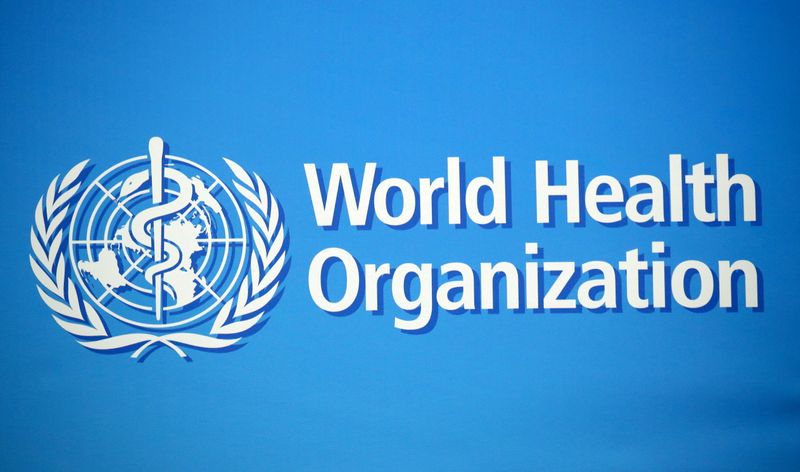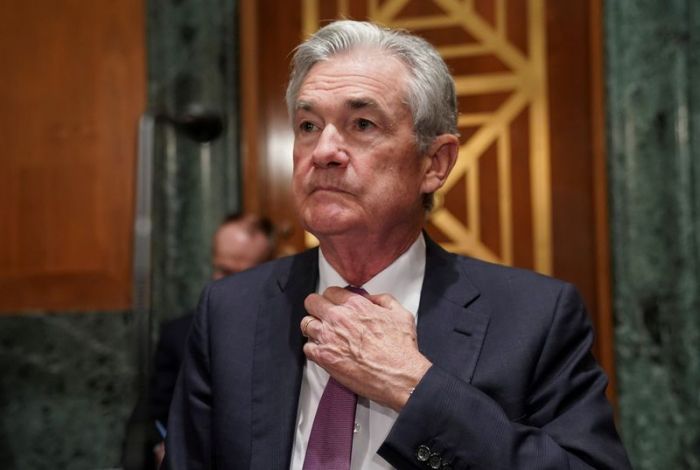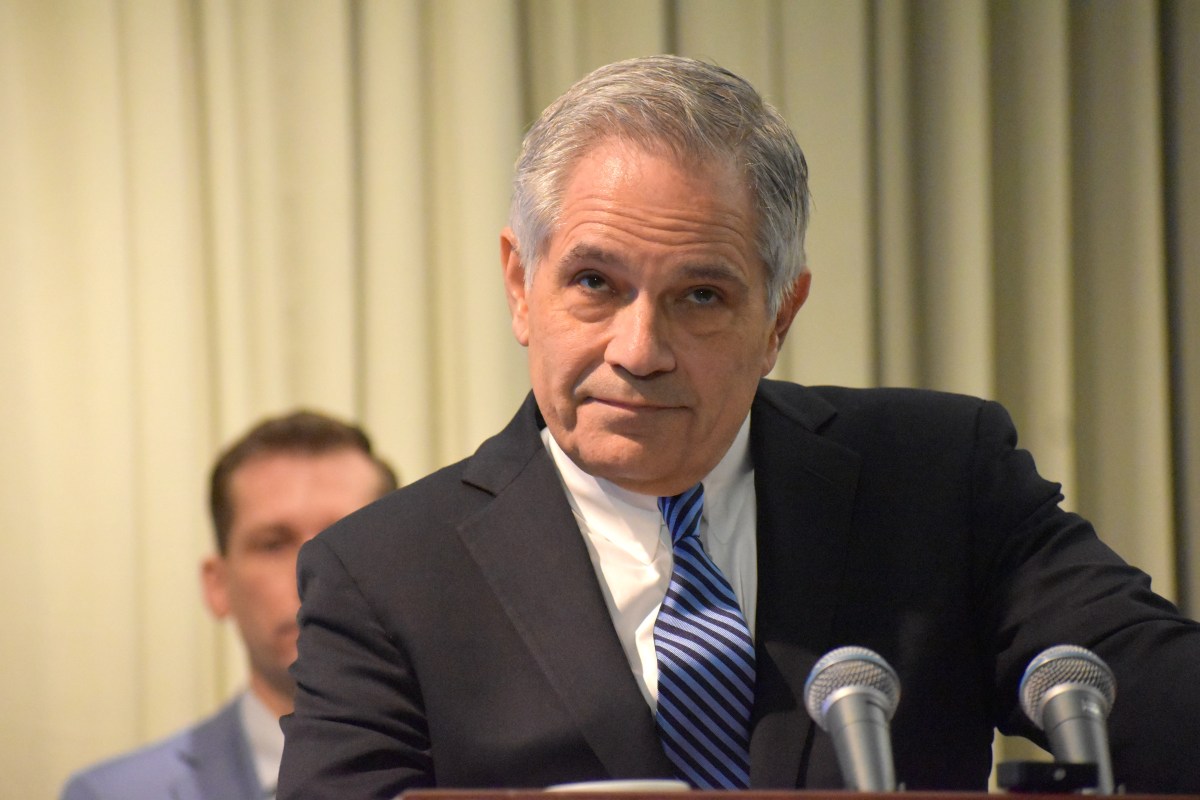GENEVA (Reuters) – The world is at risk of losing hard-won gains in fighting COVID-19 as the highly transmissible Delta variant spreads, but WHO-approved vaccines remain effective, the World Health Organization said on Friday.
The U.S. Centers for Disease Control and Prevention (CDC) has described the Delta variant of the coronavirus as being as transmissible as chickenpox and cautioned it could cause severe disease, the Washington Post said, citing an internal CDC document.
COVID-19 infections have increased by 80% over the past four weeks in most regions of the world, WHO director-general Tedros Adhanom Ghebreyesus said. Deaths in Africa – where only 1.5% of the population is vaccinated – rose by 80% over the same period.
“Hard-won gains are in jeopardy or being lost, and health systems in many countries are being overwhelmed,” Tedros told a news conference.
The Delta variant has been detected in 132 countries, becoming the dominant global strain, according to the WHO.
“The vaccines that are currently approved by the WHO all provide significant protection against severe disease and hospitalisation from all the variants, including the Delta variant,” said WHO’s top emergency expert, Mike Ryan.
“We are fighting the same virus but a virus that has become faster and better adapted to transmitting amongst us humans, that’s the change,” he said.
Maria van Kerkhove, WHO technical lead on COVID-19, said the Delta variant was the most easily spread so far, about 50% more transmissible than ancestral strains of SARS-CoV-2 that first emerged in China in late 2019.
A few countries had reported increased hospitalisation rates, but higher rates of mortality had not been recorded from the Delta variant, she said.
Japan said on Friday it would expand states of emergency to three prefectures near Olympic host city Tokyo and the western prefecture of Osaka, as COVID-19 cases spike in the capital and around the country, overshadowing the Summer Games.
Ryan noted that Tokyo had recorded more than 3,000 cases in the past 24 hours, among some 10,000 new infections in Japan.
“The Olympics is a part of that overall context and the risk management that is place around the Olympics is extremely comprehensive,” he said.
(Reporting by Mike Shields in Zurich and Stephanie Nebehay in Geneva; editing by Nick Macfie)


























